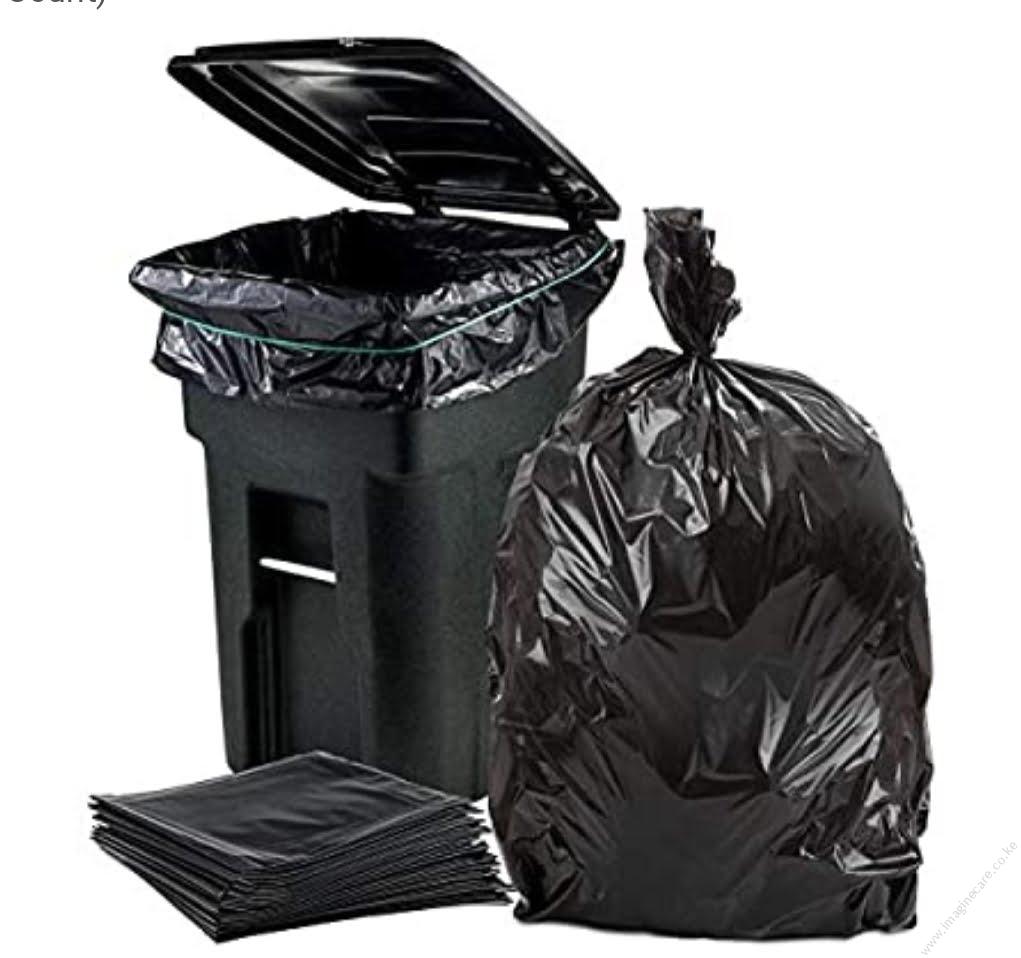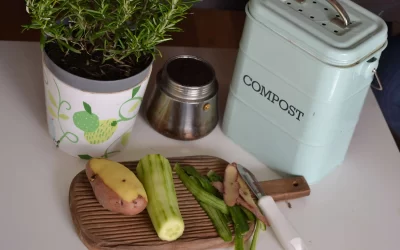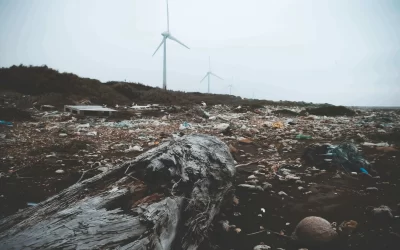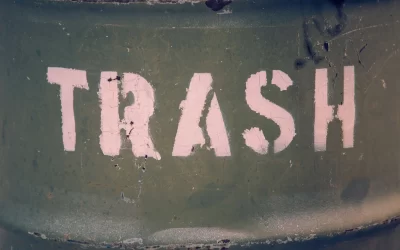Introduction
In a decisive effort to combat plastic pollution, the National Environment Management Authority (NEMA) has announced a ban on the use of garbage plastic bags, effective April 8, 2024. This ban comes with a 90-day grace period, allowing individuals and businesses time to transition to alternative waste disposal methods. This article delves into the details of the ban, its implications, and the future landscape of waste management in the country.
Details of the Ban
The directive from NEMA outlines a comprehensive ban on the manufacture, importation, and use of garbage plastic bags. This move is aimed at reducing the environmental burden posed by plastic waste and fostering a more sustainable waste management system.
Key Components of the Ban
- Manufacture and Importation: The production and importation of garbage plastic bags will cease immediately.
- Commercial Use: Businesses must transition away from using plastic bags for waste disposal within the 90-day period.
- Household Use: Households are encouraged to adopt alternative waste disposal methods before the end of the grace period.
Environmental Impact
Mitigating Plastic Pollution
Plastic bags are notorious for their role in environmental pollution, affecting both terrestrial and aquatic ecosystems. By banning these bags, NEMA aims to significantly decrease plastic waste, which often ends up clogging drains, polluting waterways, and harming wildlife.
Protecting Marine Life
Marine animals are particularly vulnerable to plastic pollution, with many species ingesting plastic or becoming entangled. This ban will help protect marine biodiversity by reducing the amount of plastic waste entering our oceans.
Improving Soil and Water Quality
As plastic degrades, it releases harmful chemicals into the soil and water, posing risks to both ecosystems and human health. The reduction in plastic waste will enhance soil fertility and water quality, leading to healthier environments.
Alternatives to Plastic Bags
Biodegradable Bags
Biodegradable bags offer a promising alternative, breaking down more rapidly and with less environmental impact than traditional plastic. Made from natural materials like cornstarch, these bags are an excellent choice for both businesses and households.
Reusable Cloth Bags
Cloth bags, which can be washed and reused, provide a sustainable solution for waste disposal. Their durability and reusability make them a practical alternative to single-use plastic bags.
Paper Bags
Paper bags, particularly those made from recycled materials, are another eco-friendly option. They are biodegradable and recyclable, contributing to a circular economy and reducing waste.
Implementation Strategy
Public Awareness Campaigns
NEMA has launched comprehensive public awareness campaigns to inform citizens about the ban and the benefits of reducing plastic use. These campaigns include educational workshops, media outreach, and community engagement initiatives.
Support for Businesses
To facilitate a smooth transition, NEMA is providing support to businesses in adopting alternative packaging solutions. This includes financial incentives for using biodegradable materials and training on sustainable waste management practices.
Enforcement Measures
Strict enforcement measures will be in place to ensure compliance with the ban. This includes regular inspections, penalties for non-compliance, and collaboration with local authorities to monitor adherence to the new regulations.
Challenges and Solutions
Adaptation Period
The 90-day grace period is designed to give businesses and households ample time to adapt to the new regulations. NEMA is providing resources and support to ease this transition, ensuring that alternatives are accessible and affordable.
Cost Implications
While the initial cost of switching to alternatives such as biodegradable or reusable bags may be higher, the long-term environmental and economic benefits are significant. NEMA is working to offset these costs through subsidies and support programs.
Future of Waste Management
Innovation and Sustainability
The ban on garbage plastic bags is a critical step towards a more sustainable future. NEMA is encouraging innovation in waste management, promoting research into new materials and sustainable practices to create a resilient and eco-friendly waste management system.
Community Involvement
Community involvement is essential for the success of this initiative. NEMA is working closely with local communities to develop practical and sustainable waste management solutions, fostering a culture of environmental stewardship.
Conclusion
The NEMA ban on garbage plastic bags, effective April 8, 2024, with a 90-day grace period, marks a significant milestone in the fight against plastic pollution. By addressing the plastic waste crisis, this initiative promises a cleaner, healthier future for our nation. The collective effort of individuals, businesses, and government agencies will be crucial in achieving sustainable waste management and protecting our environment for future generations





0 Comments